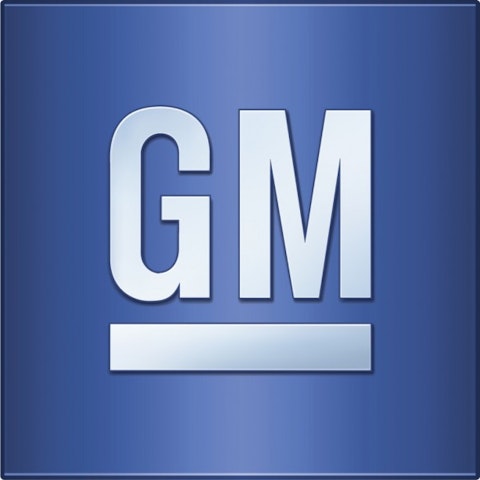A soft European economy has dominated guidance for automakers. However, issues in the supply chain of Toyota Motor Corporation (ADR) (NYSE:TM) are distracting from macroeconomic forces.
European Weakness
Automakers are revising their outlooks for European sales, and this has repercussions beyond just the PIGS nations.

The plant at Bochum is in danger of closing down, and would cease to build Zafira vans by the end of 2014, as soon as the labor agreement runs out.
General Motors Company (NYSE:GM)’s interim European Chief, Stephen Girsky wrote in a letter to employees, “The situation on the European market is still disastrous.” He also called on employees to contribute in cutting costs while at the same time ruling out wage increases as long as they continue losing money on the region. Opel Works Council Leader Wolfgang Schaefer-Klug responded by describing as “unacceptable” the threat to close Bochum and saying that the union would “never agree to permanent wage cuts.”
A weakening Germany and a slow auto market in Europe would be the greatest challenges to GM’s turnaround plan. The European branch of General Motors Company (NYSE:GM) has accumulated more than $17 billion in losses since 1999, and its main target is to turn a profit by mid-decade, which might be hard to reach if adjustments aren’t made in a timely manner.
Russia’s economy is also showing signs of a slowdown. After at least four consecutive years of increases over 10%, Russia’s car market might slow down and even plateau in 2013. During a press conference at Moscow, Joerg Schreiber, chairman of the Association of European Businesses’ carmakers committee, said, “The outlook for the market in 2013 holds little promise for a quick return to growth at the double-digit rates enjoyed in recent years.”
Estimates from the AEB suggest that Russia’s car market in 2013 should end up with sales of around 3 million cars and light commercial vehicles. Although last year’s sales had an increase of 11% in comparison to 2011, such rise isn’t all that impressive when compared to the previous three years, which had consistent increases of 30% or more.
Analysts suggest that this might be related to the gradual slowdown of the country’s economic expansion. According to Russia’s central bank, Bank Rossi, data for November suggested that the Russian economy continued with a steady decrease in its growth, with both retail trade and industrial output stabilizing at low levels. GDP had an expansion of nearly 5% during the first quarter, slowing down to a level below 3% during the last quarter. There also seems to be a lower level of foreign investment in the country.
Toyota Supply Chain Seen as Cartel
Toyota Motor Corporation (ADR) (NYSE:TM) suppliers are rebounding from their involvement in the largest cartel probe, recovering from a slump brought by almost $1 billion in fines in the U.S. and Japan. Unfortunately, the prospect of even more penalties looms in Europe.
Japan’s Fair Trade Commission director Takeshi Shinagawa said more than a dozen parts makers including JTekt and Sumitomo Electric Industries could be levied fines this year, with amounts higher than those meted in Japan. Toyota affiliates Denso and Sumitomo Electric, which also supply parts to Honda Motor Co Ltd (ADR) (NYSE:HMC) and Nissan Motor Co., Ltd. (ADR) (PINK:NSANY), were involved in cartel probes following raids on four manufacturers conducted by U.S., EU and Japanese watchdogs in 2010.
Daiwa Securities analyst Syusaku Nishikawa said, “Investors may not have fully factored in the risks of the antitrust fines for the companies still under investigation.” With the fines looming, he can’t recommend a buy rating for Fujikura or any other involved parts maker.
European Commission spokesman Antoine Colombani declined to comment, however, on the fines for the car parts makers but revealed that EU regulators already visited manufacturers of safety equipment, automotive lighting, thermal systems and bearings, in addition to the car wire harnesses probe started in August. Colombani did not identify the companies involved nor did he disclose the deadline for the inquiries’ completion.
The investigations included companies based in Europe, Japan and the United States, and have expanded to Australia and Canada, with Japanese companies receiving the biggest penalties so far.



